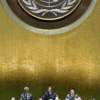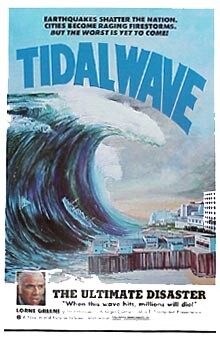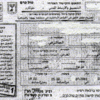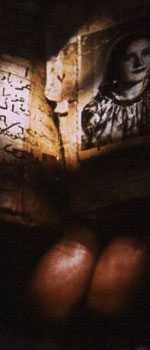Digging in the sand
Balata refugee camp 19 September 2003
Digging in the sand, late Wednesday night, outside Balata Camp. Four of us, crouched down near the mosque, next to the taxi rank. But there are no taxis - the streets are empty and silent. Everybody is inside, with the door locked - more soldiers are expected tonight. Two small piles of light brown sand lie at the entrance to the camp. We kneel around one of them, as Mustapha slowly sifts through the sand, turning over clumps and examining the underside of stones. ‘Move the light here. Now here. What’s this?’ asks Mustapha. Read more about Digging in the sand






